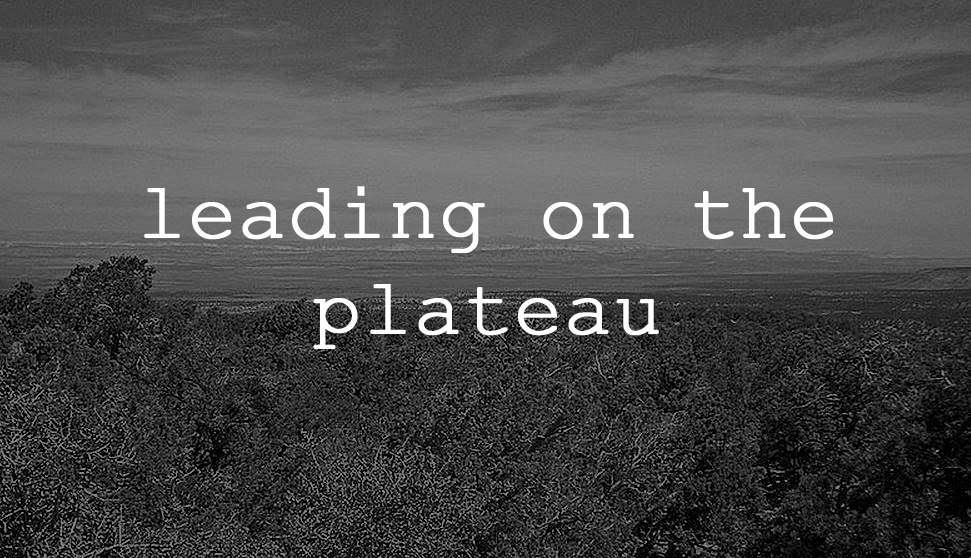Leading on the Emotional Plateau

Sam Rainer
Shepherding a church comes with plenty of highs and lows. Some days feel like a roller-coaster ride right after eating two pounds of funnel cake. But leading a church isn’t just peaks and valleys. Plateaus exist. Plateaus can last for a long season. In fact, plateaus are more common for most leaders. The highs and lows are simply more memorable—they stand out more. We talk more about them.
These plateaus are not necessarily connected to the leader’s emotional state. Though I experience a weekly plateau every Thursday, just coming off Wednesday night and not close enough to Sunday. Passionate leaders often react viscerally and decide decisively. They can be the tethered buoy riding the wave and fighting the current. The church, however, may not feel these ups and downs like the pastor.
These plateaus are not necessarily connected to the (spiritual or numerical) growth and decline of a church, though average attendance Sundays often elicit a “meh” type of response.
By plateau, I am referring to the tone of an entire congregation. While the church leader’s attitude will inevitably filter into the church with time, sometimes the attitude of the congregation hits pause. No church can sustain peak passion. No church should perpetually stumble in the valley. And most every church—rightly or wrongly—will experience a string of typical weeks, if not months. The collective sentiment of the church can stall between a high and low. And the people of the church may feel as if they’ve paused emotionally. What are some things leaders can do while leading on the plateau?
Avoid complacency and anticipate transformation. I took an epic road trip with some buddies a few years ago. We drove to the Grand Canyon to hike the backcountry. To get there, we traveled through West Texas. It’s a long stretch of treeless, flat land. It’s beautiful but repetitive. The road can lull you into complacency. The way to drive it is to anticipate a change of scenery. The flatness seems to collapse on an infinite horizon. But you know the road will eventually transform to a new landscape. Church leaders can inspire the congregation on an emotional plateau with a sense of anticipation of what God will do next. Even if it’s not readily apparent, the anticipation of what’s beyond the horizon can get people excited.
Take delight in small victories. When big things happen, small victories get lost. When you’re leading people on a plateau, however, the small victories are fresh reminders of God continuing to work.
Stop, listen, and learn. Plateaus are pleasantly flat. It makes it easier to listen and learn when you’re not dreading the valley or losing your breath ascending the peak. In fact, your learning-curve can be steepest on the plateau. As a leader, enjoy the predictable path of the plateau and use the opportunity to stop, listen, and learn.
Every church has a tone, a collective sentiment. Your congregation will feel things together. When the church’s feelings pause between a high and low, you can find yourself leading on a plateau. It won’t last. Use the time wisely, take note of the small victories, and lead your congregation to anticipate transformation.







One comment on “Leading on the Emotional Plateau”